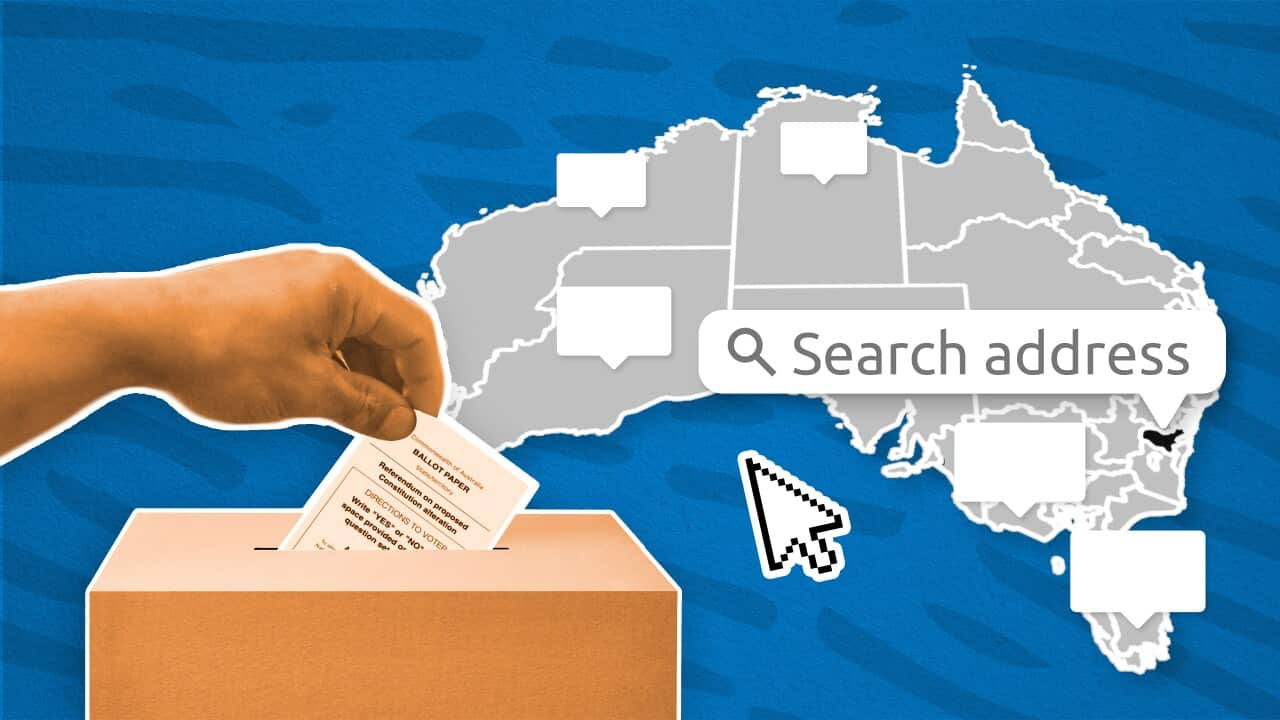Key Points
- Australia has resoundingly voted No to the Indigenous Voice to Parliament referendum.
- Australians are historically wary of approving referendums, voting Yes to just eight of 45.
- A historian says a new "quest for partisan advantage" has exacerbated the uphill battle Yes camps already face.
Increasingly polarised politics and the rise of the "populist right" are giving opposition parties even more incentive to shoot down government proposals, something which played out in the Indigenous Voice to Parliament's thumping defeat, a historian says.
Voters on Saturday Australia's first referendum in a generation, with every state and the Northern Territory delivering a No verdict. Nationally, the No vote stood at over 60 per cent.
Australians are historically wary of altering their constitution, , and rules requiring an overall majority and a majority in at least four states create an uphill battle for Yes camps.
Australian National University historian Frank Bongiorno, who campaigned for the Voice, said that difficulty was exacerbated by the global rise of a "populist right, which has increasingly outflanked more traditional forms of conservatism".
The 2017 Uluru Statement from the Heart first called for the Voice, which would have been a non-binding advisory body giving input to government on issues particularly impacting Indigenous people.
Bongiorno noted that former prime minister Malcolm Turnbull, considered a moderate Liberal, "basically shut [the Voice] down" when the Uluru Statement was delivered by labelling the body a "third chamber of parliament".
"We know one of the things going on [in 2017] was Turnbull effectively being almost a captive of the right of his own party, a captive of his relationship with the Nationals Party. All of that is about the internal politics of the centre-right in Australia," Bongiorno said.
"Many of us felt perhaps some sort of consensus might emerge. There was hopefulness around that. But in retrospect, you can actually see the ways in which this proposal has become entangled in the very difficult politics of the right in Australia."

Malcolm Turnbull backed the Voice after leaving politics, but decried it as a creating 'third chamber' of parliament while he was prime minister. Source: AAP / Dean Lewins
Its hopes of support from across the aisle were dashed by the Nationals in November, when the junior coalition partner rejected the proposal before a question had even been proposed. The Liberal Party .
While the Coalition suffered a heavy defeat at the 2022 federal election, the conservative wing of the Liberal Party became proportionately bigger after a host of moderate MPs lost their seats to independents.
Bongiorno warned an increasingly polarised political landscape, both globally and in Australia, meant opposition parties saw greater incentives to oppose government proposals.
"[The Coalition's decision meant] it was always gonna be very difficult to get it up, because it meant that it was going to become utterly entangled in partisan politics," he said.
"The quest for partisan advantage is probably different from a few decades back, when there perhaps was a greater level of agreement around certain ways of thinking about democracy.
"That's clearly broken down, it's been breaking down globally over the last couple of decades. And it's affecting Australia, as we've seen in this particular campaign."

Peter Dutton said Albanese had shown a "real arrogance" in the way he approached the referendum. Source: AAP / Jono Searle
"There is a real arrogance in the way in which the prime minister has approached his discussion with the Australian people," he said.
"[He] was warned over the course of the last 16 or 17 months not to proceed with this divisive referendum. And he owes the Australian public an apology for that."
Future referendums in doubt?
No individual state has voted for a referendum since 1984, a period that has included seven unanimous rejections of proposed changes to the constitution.
And the comprehensive result on Saturday, when the ACT was the only jurisdiction to vote Yes, has thrown into question the willingness of future governments to pursue change via referendums.
Speaking after the result became clear on Saturday evening, Albanese shut down talk of a future referendum on a republic, which Labor had flagged as a potential in its second term.
"I made it very clear that this was the only referendum that I was proposing in this term," he said.

Anthony Albanese shut down talk of future referendums on Saturday night. Source: AAP / Lukas Coch
Bongiorno said while nothing could be ruled out at this stage, it was "almost impossible" to see Albanese following a similar path this time around.
"Clearly there are costs to be incurred in these sorts of circumstances … You would imagine the result would prompt a fair amount of reluctance," he said.
Bongiorno cited Section 44, which rules dual nationals ineligible to sit in parliament, as an "easy to identify" area where the constitution needed improvement.
Section 44 sparked a crisis in 2017-18, with 15 sitting politicians forced to leave parliament after discovering they had not renounced foreign citizenships before they were nominated.
"It's in desperate need of reform, but it's almost impossible to see any government attempting to take that on, given what we've just seen," Bongiorno said.
"I think Labor governments are the very least likely to try to do so."










